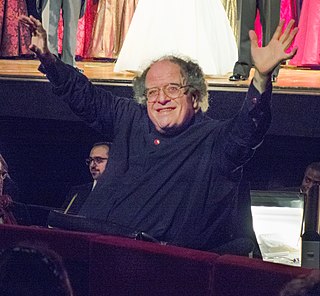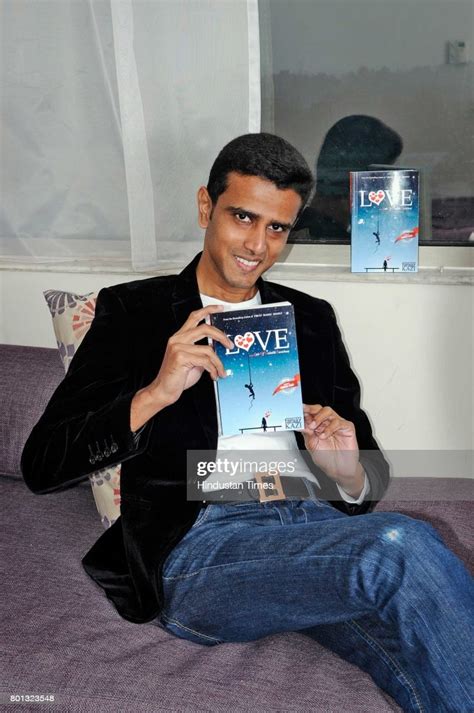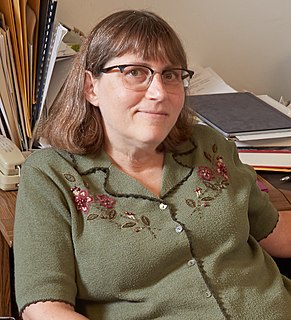A Quote by Nate Silver
Shakespeare's plays often turn on the idea of fate, as much drama does. What makes them so tragic is the gap between what his characters might like to accomplish and what fate provides them.
Related Quotes
Fate is a misplaced retreat. Many people rationalize an unexplained event as fate and shrug their shoulders when it occurs. But that is not what fate is. The world operates as a series of circles that are invisible, for they extend to the upper air. Fate is where these circles cut to earth. Since we cannot see them, do not know their content, and have no sense of their width, it is impossible to predict when these cuts will slice into our reality. When this happens, we call it fate. Fate is not a chance event but one that is inevitable, we are simply blind to its nature and time.
Fate, they say, fate- the clay that molds the events of your life, and it was the same fate that had thrown the stone of her heart on the building of his expectations. But then wasn't it his fault that he had constructed the building of glass? Hadn't he failed to cement the bricks of his love with trust and colour them with security? There was no insurance for broken hearts, no ointment for wounded souls and there would never be one, he knew.
What a gulf between impression and expression! That’s our ironic fate—to have Shakespearean feelings and (unless by some billion-to-one chance we happen to be Shakespeare) to talk about them like automobile salesmen or teen-agers or college professors. We practice alchemy in reverse—touch gold and it turns into lead; touch the pure lyrics of experience, and they turn into the verbal equivalents of tripe and hogwash.
In that daily effort in which intelligence and passion mingle and delight each other, the absurd man discovers a discipline that will make up the greatest of his strengths. The required diligence and doggedness and lucidity thus resemble the conqueror's attitude. To create is likewise to give a shape to one's fate. For all these characters, their work defines them at least as much as it is defined by them. The actor taught us this: There is no frontier between being and appearing.






































